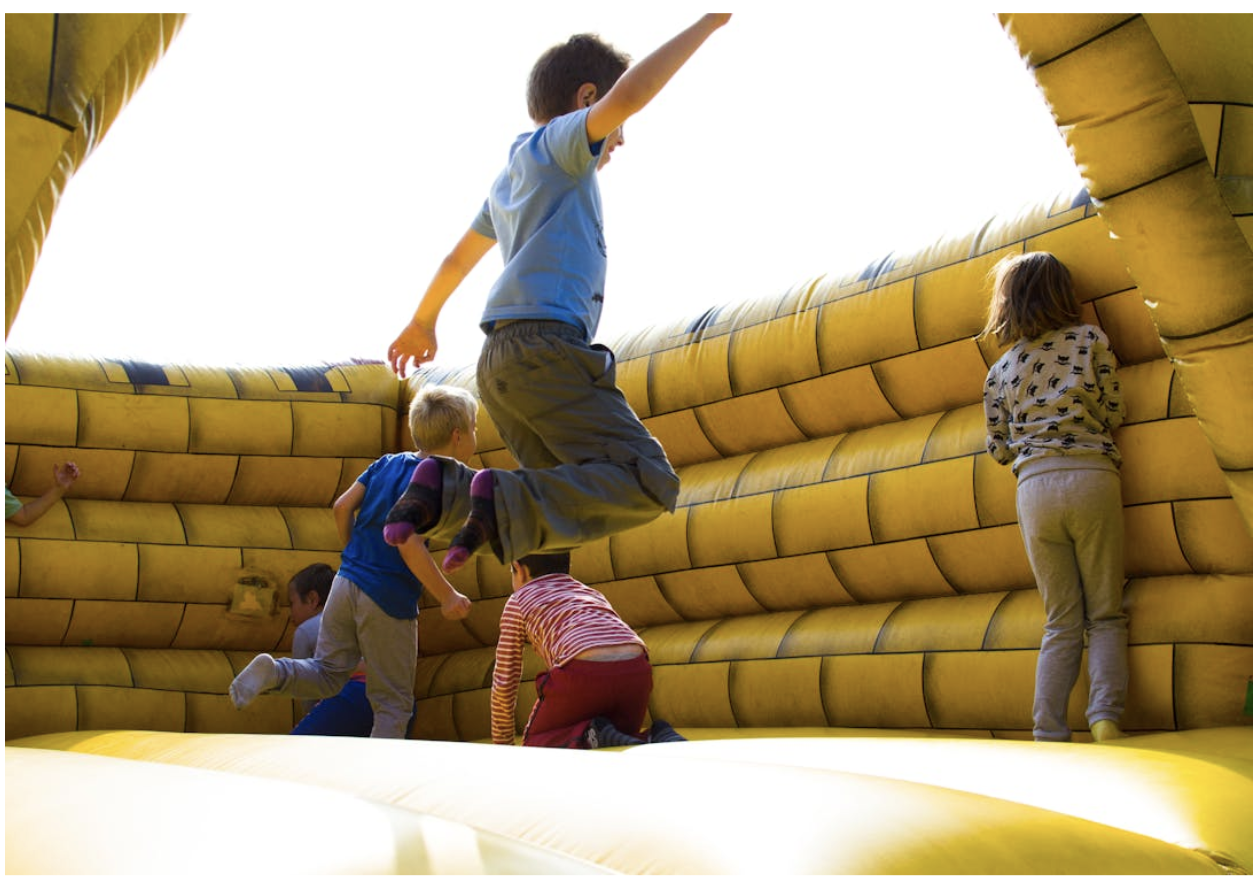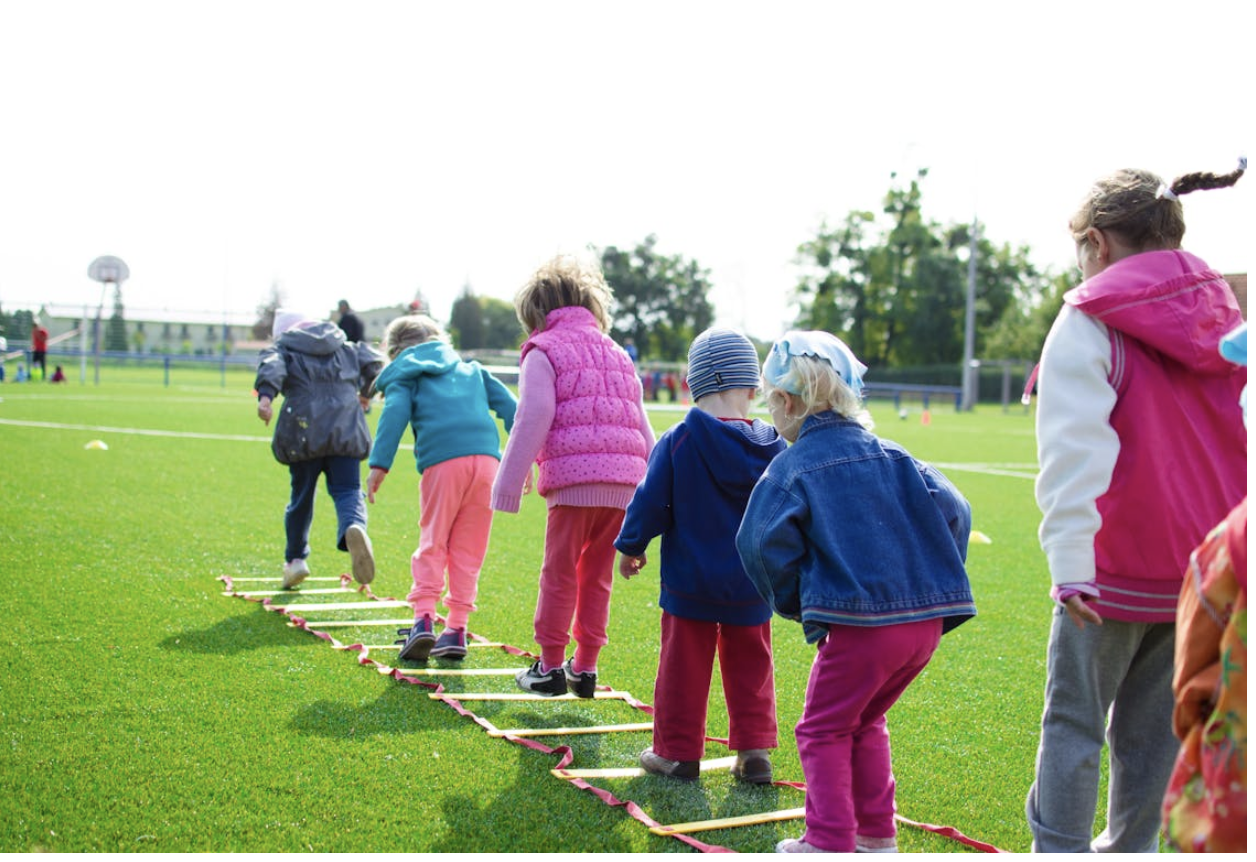6 Awesome & Interesting Games to Try With Your Kids

Playing games with your kids isn't just about having fun—it's also a great way to support their development, build strong family bonds, and create lasting memories. Whether you're looking for ways to enhance their cognitive skills, boost their creativity, or simply keep them entertained, here are six awesome and interesting games to try with your kids.
1. Board Games
Board games are a timeless way to enjoy family time. Incorporating board games for kids is an excellent way to combine fun and learning in one engaging activity. There are countless options to choose from, catering to all ages and interests. For younger children, toddler board games for 2-year-olds like "Candy Land" or "Snug as a Bug in a Rug" can introduce basic concepts such as counting and color recognition.
For older kids, games like Scrabble Junior or Monopoly Junior can enhance vocabulary and teach planning skills. Playing board games with your kids also has practical benefits. It is a cost-effective form of entertainment that can be enjoyed at home, eliminating the need for expensive outings or gadgets. It is also a great indoor activity during bad weather or when kids are sick. Additionally, it can be a great tool for parents to bond with their child’s friends and their families, creating a sense of community and fostering friendships.
Trading and playing games like Pokémon often become part of these shared moments, and learning how to organize pokemon cards helps children keep their collections in order while making gameplay and trading smoother and more enjoyable for everyone involved.
2. Scavenger Hunt
Scavenger hunts are a fantastic way to engage your kids in a fun and active game that also sharpens their problem-solving skills. To set up a scavenger hunt, create a list of items for your kids to find around the house or yard. You can choose a theme, such as nature, colors, or household objects, to make it more exciting.
Not only does a scavenger hunt encourage physical activity, but it also promotes exploration and curiosity. Kids love the thrill of the hunt, and it’s a great way to keep them moving and engaged. Make sure the clues and items are age-appropriate and consider safety by ensuring they stay within safe boundaries.
3. Charades
Charades is a classic game that is perfect for family play. The rules are simple: players act out a word or phrase without speaking, while the others guess what it is. You can use categories like animals, actions, or movies to guide the game.
Charades improves communication skills and teamwork as kids must convey their ideas through gestures and body language. It also boosts creativity and imagination as they come up with ways to act out the clues. For younger children, simplify the game by using picture cards that they can easily recognize and act out.
4. DIY Science Experiments
Turning your home into a mini-laboratory can be incredibly fun and educational. Simple science experiments, like creating a baking soda and vinegar volcano or making a rainbow in a jar, can captivate your kids’ interest in science.
These DIY experiments encourage curiosity and a love for learning. They teach basic scientific principles in a hands-on way that is both fun and memorable. Safety is key, so always supervise your children during these activities and use household items that are safe for kids to handle.
5. Arts and Crafts Challenges
Arts and crafts are not only a great way to keep kids entertained, but they also help develop fine motor skills and creativity. Set up a challenge where kids have to create something specific, like paper airplanes, painted rocks, or homemade greeting cards.
This type of activity provides a sense of accomplishment and allows children to express themselves creatively. Provide a variety of materials and let their imagination run wild. Encouraging them to try new techniques and ideas fosters their creative development and keeps them engaged.
6. Outdoor Adventure Games
Getting outside for some fresh air and exercise is essential for kids. Outdoor adventure games like nature walk bingo or setting up an obstacle course can make outdoor play exciting and beneficial.
Nature walk bingo involves creating bingo cards with different items or creatures to find during a walk, making the walk more interactive and educational. An obstacle course can be set up with simple household items, encouraging physical activity and improving coordination and gross motor skills. Adapt the games to your available space and always ensure safety by supervising the activities and dressing appropriately for the weather.

Incorporating these games into your family routine can provide numerous benefits, from enhancing cognitive and motor skills to fostering creativity and teamwork. Each game offers unique opportunities for learning and growth, all while having fun together. Remember to mix different types of games to keep things interesting and balanced.






